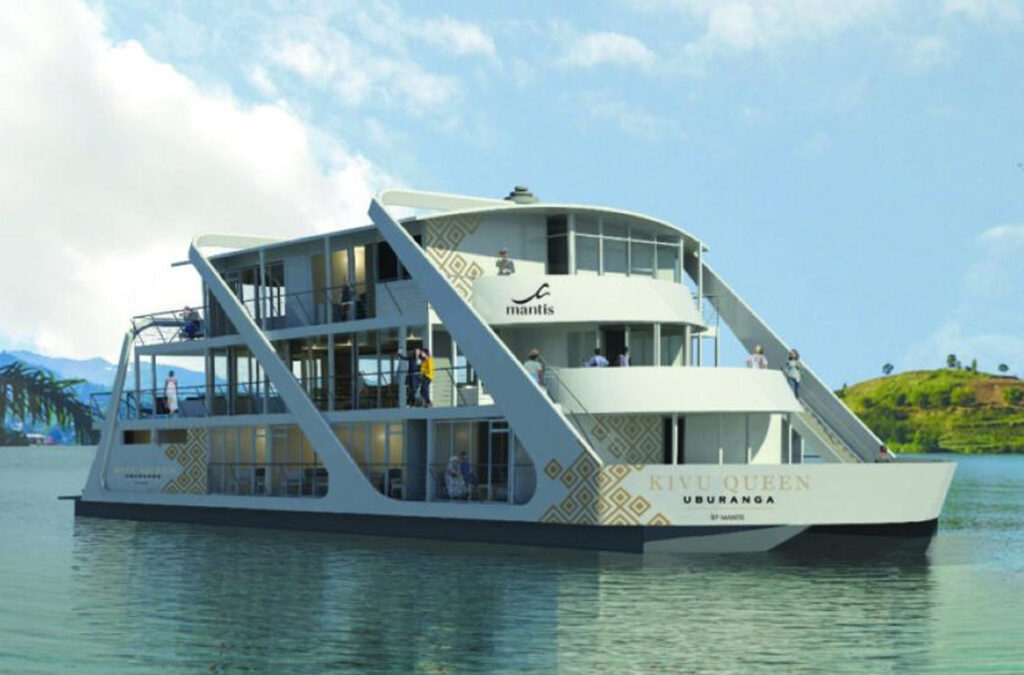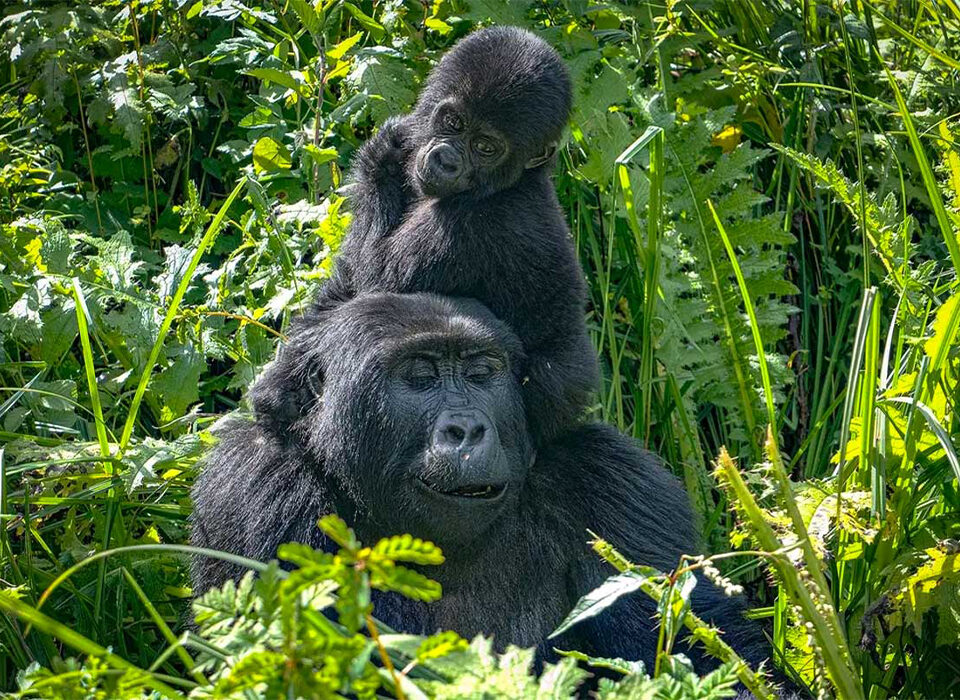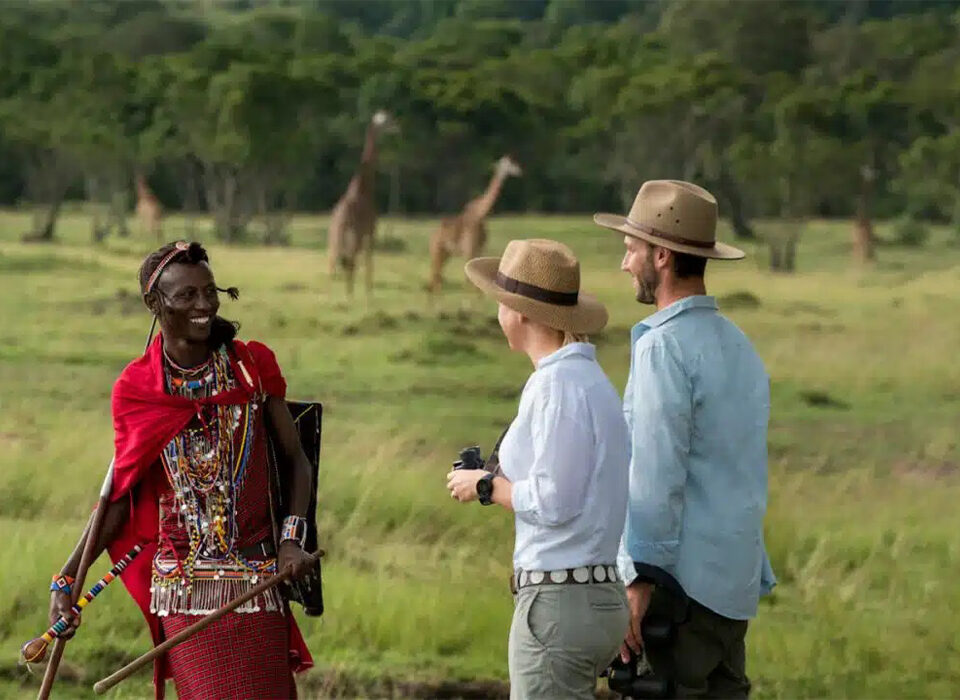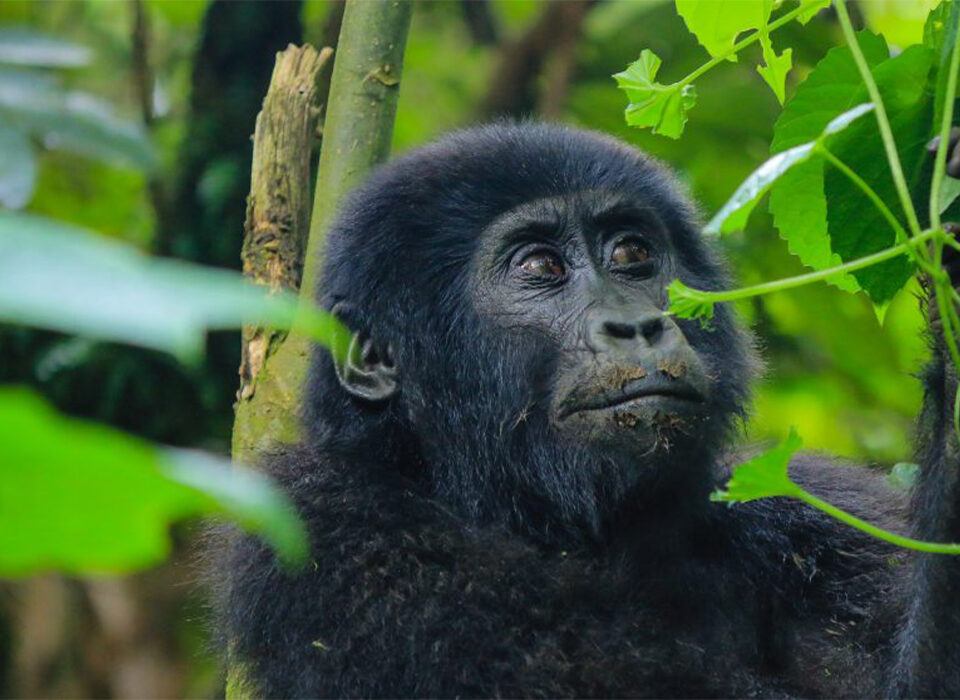
Visit Huye: A Historical and Cultural Site in Rwanda
September 27, 2025
Can Children Participate in Game Drives?
September 27, 2025Exploring the Natural Beauty of Lake Kivu, Rwanda

Lake Kivu, shimmering like a jewel on the border between Rwanda and the Democratic Republic of Congo, is one of Africa’s most captivating freshwater lakes. Stretching across nearly 2,700 square kilometers, this natural wonder enchants visitors with its serene beauty, rolling green hills, scattered islands, and a cultural richness that makes it more than just a body of water. It is a place where nature, history, and community come together, offering travelers unforgettable experiences. Whether you are gliding across its calm surface in a boat, wandering through fishing villages, or savoring the quiet magic of a lakeside sunset, Lake Kivu invites you to slow down, breathe deeply, and truly connect with Rwanda’s landscapes and people.
Scenic Boat Rides on Lake Kivu
One of the most memorable ways to experience Lake Kivu is by boat. As your vessel gently cuts across the shimmering water, you’ll notice how the lake reflects the surrounding hills, often appearing like a giant mirror that captures the lush greenery and scattered clouds above. The journey feels timeless, as if the water itself is urging you to pause and take in the moment. Along the way, fishermen in traditional wooden boats paddle gracefully, their songs and rhythmic movements telling stories of lives intertwined with the lake.
Boat rides also bring you closer to the lake’s wildlife. Birds swoop down to skim the water, while others perch on the shoreline, filling the air with their calls. The calm rhythm of the waves, the sound of paddles dipping into the water, and the vastness of the horizon create an atmosphere that is both peaceful and exhilarating.
Best Times to Experience the Lake
Morning boat rides reveal a softer side of Lake Kivu. As the mist slowly lifts off the water, fishermen return with their early catch, and the world seems to wake in harmony with the lake. The light is gentle, the air cool, and the sense of stillness profound. By afternoon, the lake shimmers under the bright African sun, and the mood becomes livelier as visitors gather on the shores or venture to nearby markets. Evening, however, offers perhaps the most magical experience. As the sun begins to sink behind the hills, the water glows with golden light, and the lake transforms into a canvas of oranges, purples, and pinks. Watching the sun set over Lake Kivu is a memory that lingers long after you leave.
The Islands of Lake Kivu
The lake’s allure is heightened by its many islands, each carrying its own charm and story. Napoleon Island, named for its resemblance to Napoleon’s hat, is perhaps the most famous. It is home to thousands of fruit bats that fill the skies at dusk in a mesmerizing spectacle. Amahoro, often called Peace Island, offers exactly what its name suggests: a tranquil setting where visitors can swim in clear waters, enjoy picnics, or simply unwind. Across the border lies Idjwi Island in the Democratic Republic of Congo, one of the world’s largest inland islands, where traditional communities live in harmony with the land and lake. Exploring these islands feels like discovering hidden worlds, each one inviting you to slow down and immerse yourself in its unique rhythm.
The Ideal Seasons and What to Bring
Lake Kivu’s climate is gentle throughout the year, making it an inviting destination at any time. Yet, the dry seasons—from June to September and from December to February—are especially ideal. During these months, the skies are clear, the roads are easier to navigate, and the sunsets shine brighter against the crisp horizon.
To make the most of your visit, bring along sun protection such as sunscreen and a wide-brimmed hat, as the equatorial sun can be strong. Binoculars are useful for bird enthusiasts eager to spot the many species that thrive here, while swimwear ensures you can enjoy the refreshing lake, which is safe for swimming thanks to the absence of crocodiles and hippos. Though the risk of bilharzia is minimal, it is always advisable to check with local health experts before diving in. A guidebook on birds can add depth to the experience, especially for those curious about the rich biodiversity of the region.
A Paradise for Birdwatchers
Lake Kivu is a dream come true for birdwatchers. Over 400 species inhabit its shores and wetlands, creating a paradise of feathers and song. The African Fish Eagle, with its distinctive cry, often soars high above, while kingfishers dart swiftly across the water in flashes of color. Cattle egrets wander gracefully along the banks, and pied crows add their presence to the skies. Guided birding tours reveal the subtle differences between species, while binoculars bring even the most elusive birds into focus. The lake’s mixture of forests, marshes, and open water ensures an ever-changing variety of sightings, making every outing unique.
Cultural Encounters and Community Visits
What truly makes Lake Kivu special is the human connection. Surrounding the lake are vibrant communities whose lives are deeply tied to its waters. Meeting local fishermen offers insight into traditional fishing techniques that have been passed down for generations. Their narrow wooden boats and lantern-lit night expeditions reveal a way of life that is both beautiful and resilient.
In nearby towns, bustling markets display handmade crafts, woven baskets, and colorful fabrics. Here, you can purchase souvenirs that carry stories of local artistry or sample authentic Rwandan cuisine rich in flavor and tradition. Coffee lovers will find the hills around Lake Kivu particularly rewarding, as many farms offer guided tours. These visits take you through the journey of coffee, from the red cherries picked on the slopes to the aromatic brew poured into your cup. Tasting freshly roasted coffee against the backdrop of the lake is an experience that engages all the senses.
Exploring Nearby Towns and National Parks
Several towns dot the lake’s shoreline, each offering a distinct atmosphere. Gisenyi is lively and energetic, with beaches and a resort-like feel. Kibuye is more tranquil, its beauty lying in quiet bays and small islands nearby. Cyangugu, located near Nyungwe Forest, has a charm rooted in its proximity to nature and its slower pace of life. Each town offers opportunities to connect with local culture while serving as gateways to new adventures.
Lake Kivu also acts as a natural link between some of Rwanda’s most treasured national parks. Within a few hours’ drive, you can find yourself among the primates of Nyungwe Forest National Park or the gorillas of Volcanoes National Park. Combining a boat ride on Lake Kivu with visits to these parks allows travelers to experience Rwanda’s extraordinary variety of landscapes and wildlife in just a few days.
Adventure on the Congo-Nile Trail
For those with a spirit of adventure, the Congo-Nile Trail provides an immersive way to explore the lake’s beauty. Stretching 277 kilometers along the shoreline, this trail is perfect for hiking, cycling, or even kayaking. As you move along the route, you’ll pass through remote villages, coffee plantations, and stunning viewpoints that reveal new perspectives of Lake Kivu at every turn. The trail not only challenges the body but also enriches the spirit by connecting you directly with the land and its people.
Night Fishing with Local Fishermen
One of the most unique experiences at Lake Kivu is joining local fishermen during their nighttime expeditions. As darkness falls, dozens of lanterns flicker across the water, illuminating the lake in a constellation of lights. The fishermen sing and coordinate their movements as they set out, creating an atmosphere both magical and communal. Some tours allow you to participate in this practice, offering a rare glimpse into the rhythms of life that have shaped this region for centuries.
The Magic of Lake Kivu Sunsets
No visit to Lake Kivu is complete without pausing for a sunset. Whether you watch from the deck of a boat, a sandy beach, or a quiet hilltop, the spectacle is breathtaking. As the sun slips behind the rolling hills, the sky becomes a masterpiece of warm colors reflected in the still waters below. It is in these moments that travelers often feel most connected to the beauty of Rwanda—moments when time slows, worries fade, and the grandeur of nature speaks louder than words.
Final Thoughts
Lake Kivu is far more than a scenic stop on a traveler’s journey through Rwanda. It is a place where nature flourishes, communities thrive, and experiences unfold with a quiet but powerful beauty. From birdwatching to island hopping, from tasting locally grown coffee to walking the Congo-Nile Trail, the lake offers something for every traveler. Most of all, it offers space to breathe, to reflect, and to marvel at a landscape that holds both serenity and adventure. For those who seek not only to see Rwanda but to feel its soul, Lake Kivu is the perfect place to begin.



